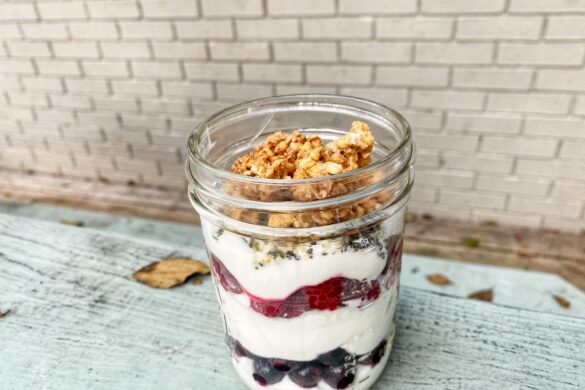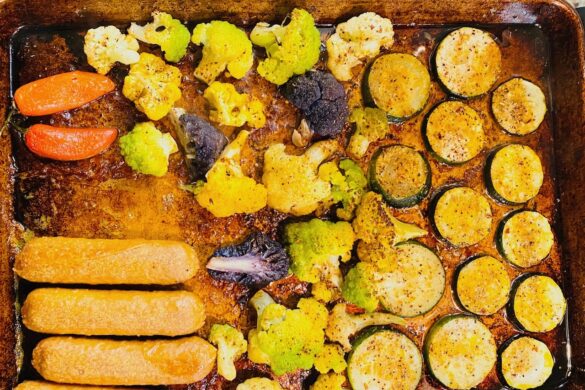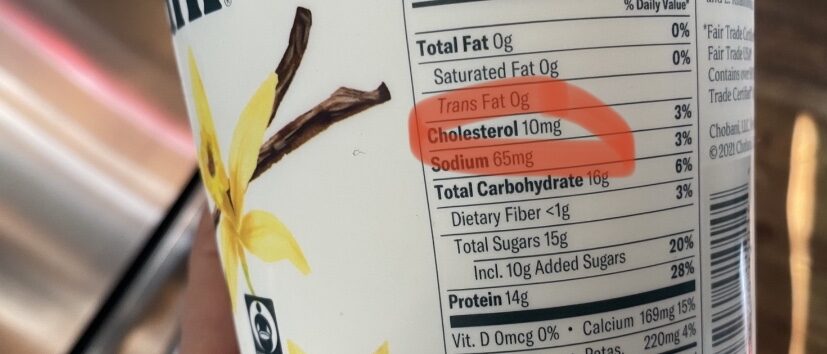I pulled together a few notes (not medical advice) about cholesterol after it came up in several personal conversations in the past weeks. Whether it’s caused by genetics, lifestyle or both, high cholesterol levels need to be addressed – and I’m seeing it pop up in my thirty-something social bubble. But it’s kind of hard to do something about a problem when you don’t have basic education around it, so here are four things to know about cholesterol that I’ve found helpful:
Cholesterol is a fat-based molecule made in the liver.
It helps make cell membranes and structures like hormones, as well as bile acids. (Meaning: It does perform a necessary function in the body.)
There are two types of lipoproteins that transport cholesterol to and from cells.
- – Low-density lipoproteins (LDL) carry cholesterol through the bloodstream to cells and can cause fatty buildups in arteries. So LDL cholesterol is generally considered “bad.”
- – High-density lipoproteins (HDL), however, transport cholesterol back to the liver, where it can be recycled or broken down and eliminated from the body. So HDL cholesterol is generally considered “good.”
- – High LDL (“bad”) cholesterol or low HDL (“good”) cholesterol combined with a high level of triglycerides (common type of fat in the body) is connected with fatty buildups in the arteries. This is why weight loss through moderate physical activity may be recommended by physicians when high LDL cholesterol is an issue.
Saturated fats can increase LDL (“bad”) cholesterol and HDL cholesterol.
Saturated fats can be found in dairy products, animal products and plant products. Think about substances in these categories that are solid at room temperature: meat, butter, cheese and coconut oil, for starters. It’s been shown that excess saturated fat can impede the process of breaking down cholesterol in the liver for recycling or elimination.
Soluble dietary fiber can help lower LDL (“bad”) cholesterol.
Some bile salts can be excreted, and soluble dietary fiber (able to be dissolved in water and turned to gel in the digestive process) can bind to these to move them through the digestive tract for elimination. When bile is excreted, the body needs to use up more of its existing cholesterol to make more bile. Foods high in soluble fiber include beans, Brussels sprouts, broccoli, peas, oats, barley, flax and sunflower seeds, and sweet potatoes.
If you have concerns about cholesterol, considered having your levels checked by and discussed with a medical professional, like your general practitioner.
Additional info source: Precision Nutrition










